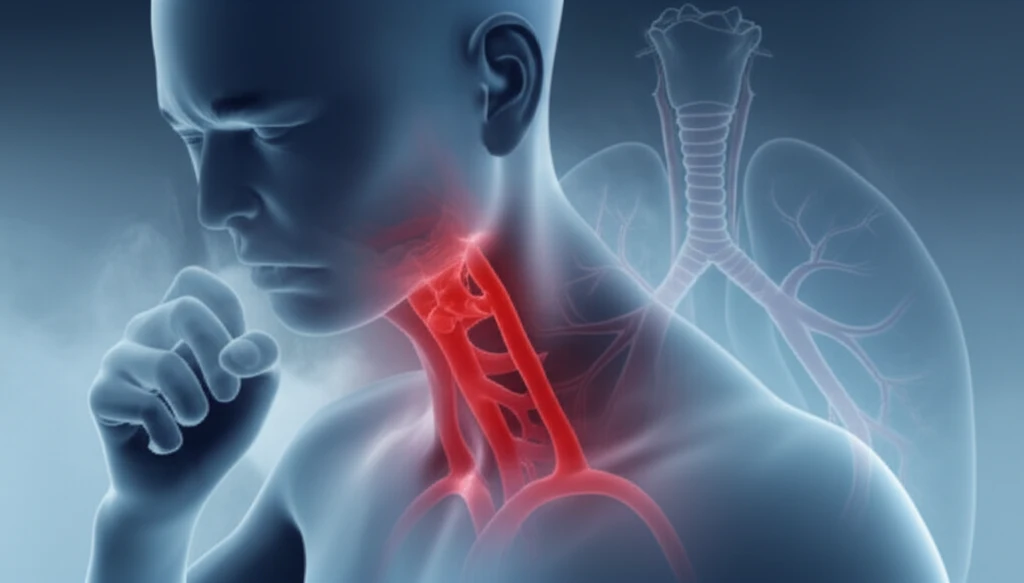
PAD & COPD: Unmasking the Link Between Smoking, Inflammation, and Your Health
"Could Your Aching Limbs and Persistent Cough Be Connected? Discover the hidden inflammatory links between Peripheral Artery Disease (PAD), Chronic Obstructive Pulmonary Disease (COPD), and smoking."
Smoking is a well-known villain in the story of our health, linked to a host of serious illnesses. Chronic Obstructive Pulmonary Disease (COPD) and Peripheral Artery Disease (PAD) are two such conditions where smoking plays a starring role. But what's the connection, and why do they so often occur together?
COPD, affecting millions worldwide, isn't just a lung problem. It's characterized by body-wide, low-grade inflammation, often triggered by the environmental fumes inhaled while smoking. Similarly, PAD, a form of atherosclerosis, sees a strong association with smoking, mirroring COPD's inflammatory pathways.
This raises a crucial question: how does inflammation act as the common thread between COPD and PAD, especially in smokers? Understanding this link could lead to earlier diagnoses, better treatments, and a clearer path to improved health outcomes for those at risk.
Decoding the Inflammatory Connection: How Smoking Fuels PAD and COPD

To unravel the link between PAD and COPD, researchers have focused on specific inflammatory markers circulating in the blood. A study published in Archives of Medical Science investigated the levels of key inflammatory markers in patients with PAD, with and without co-existing COPD. The study aimed to determine if the inflammatory signature differed between the two groups, shedding light on shared disease mechanisms.
- Interleukin-6 (IL-6)
- Interleukin-8 (IL-8)
- Tumor Necrosis Factor-alpha (TNF-α)
Empowering Yourself: Steps to Take for Better Health
The study highlights the significant impact of smoking on systemic inflammation and its role in the development of PAD and COPD. If you are a smoker experiencing symptoms like leg pain or shortness of breath, it's essential to consult your doctor for proper diagnosis and management. Quitting smoking is the single most important step you can take to reduce inflammation and improve your overall health. Remember, even if you've been smoking for years, quitting can still make a significant difference.
